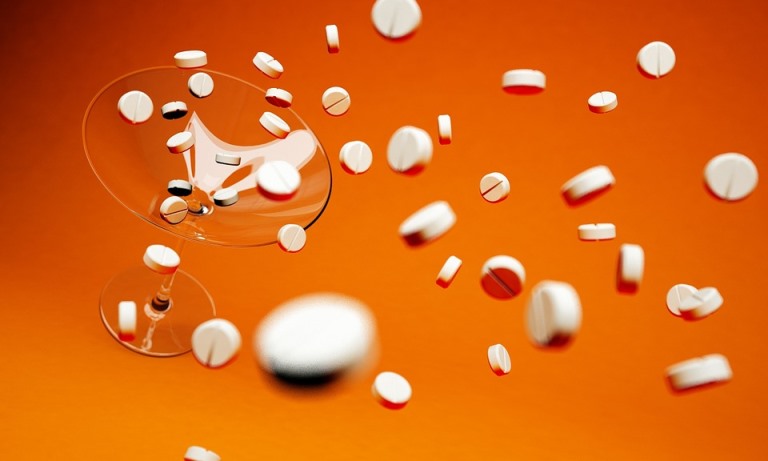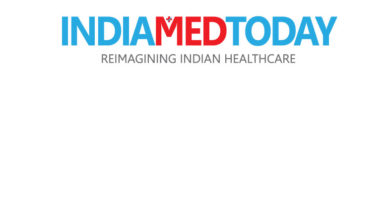Centre extends PLI scheme to pharma sector

Approves Rs 15,000 crore for incentives to domestic manufacturing of pharmaceuticals
Extending the Production-Linked Incentive (PLI) scheme to more sectors, the Union Cabinet has approved Rs 15,000 crore for incentives to domestic manufacturing of pharmaceuticals in India.
The PLI scheme is an effort to make the industry globally competitive and geared towards the production of high-value drugs, leveraging its position as a country that already exports low cost-pharma to more than 200 nations.
“The allocations for the scheme will be divided into three categories. In Group A, applicants having Global Manufacturing Revenue (FY 2019-20) of pharmaceutical goods of Rs 5,000 crore and above. Group B will be those having revenue of Rs 500-5000 crore, while Group C will be those having less than Rs 500 crore revenue,” said Ravi Shankar Prasad, Union Telecom Minister.
Allocations worth Rs 11,000 crore have been earmarked for Group A, Rs 2,250 crore for Group B and Rs 1,750 crore for the relatively small players in Group C.
Total incremental sales of Rs.2,94,000 crore and total incremental exports of Rs 1,96,000 crore are estimated for six years from 2022-23 to 2027-28. The scheme is expected to generate employment for both skilled and unskilled personnel to the tune of 1 lakh new jobs. The government also hopes to boost innovation for the development of complex and high-tech products including products of emerging therapies and in-vitro Diagnostic Devices. It is also expected to improve the accessibility and affordability of medical products including orphan drugs to the Indian population.
The scheme shall cover pharmaceutical goods under three categories, with the first one covering biopharmaceuticals, complex generic drugs, patented drugs or drugs nearing patent expiry, among others. The second category will cover active pharmaceutical ingredients and drug intermediates. The third category would feature repurposed drugs, autoimmune drugs and anti-cancer drugs, among others, the government said.

